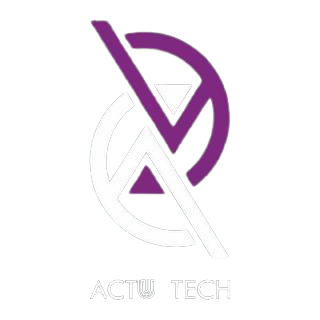Digital marketing is marketing our business by using digital platforms. Unlike traditional marketing, which relies on physical mediums like billboards or print ads, digital marketing leverages the power of the internet and electronic devices to connect with potential customers. It encompasses a wide range of online strategies and tactics to drive brand awareness, engagement, and conversions.

Components of Digital Marketing
Search Engine Optimization (SEO):
SEO is a procedure for optimize our website to rank higher in search engine results pages (SERPs). The goal is to increase organic (non-paid) traffic by improving visibility and relevance to search engine users.
Content Marketing:
Creating and distributing valuable, relevant content to attract and engage a target audience is at the core of content marketing. Blogs, videos, infographics, and social media posts are common forms of content.
Social Media Marketing:
Utilizing social media platforms like Facebook, Instagram, Twitter, and LinkedIn to promote products or services, build brand awareness, and engage with the audience.
Email Marketing:
Sending targeted, personalized messages to potential and existing customers via email to nurture relationships, drive sales, and retain customers.
Pay-per-click (ppc) advertising:
Paying for ad placements on search engine result pages or other platforms, where advertisers pay a fee each time their ad is clicked. Copy
Digital Advertising:
Displaying advertisements on various online platforms to increase brand exposure and drive traffic.
Affiliate Marketing:
Collaborating with individuals or other businesses to promote your products or services in exchange for a commission on sales generated through their efforts
Influencer Marketing:
Partnering with individuals or influencers with a significant online following to promote your brand, products, or services to their audience.

